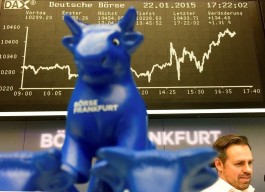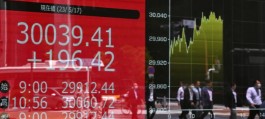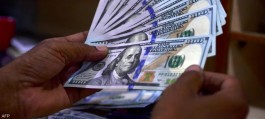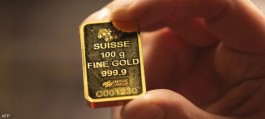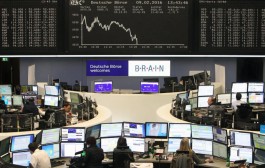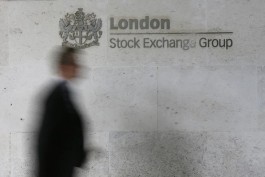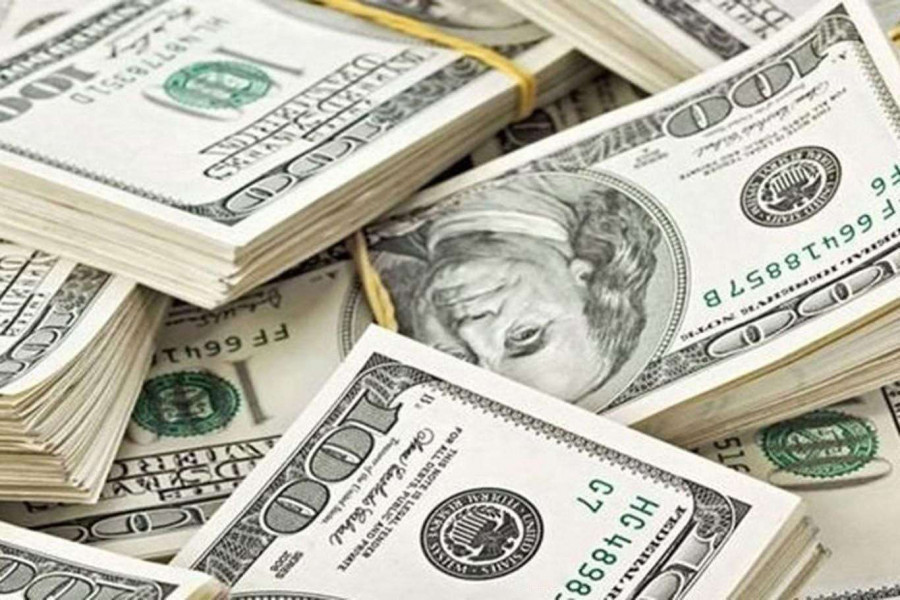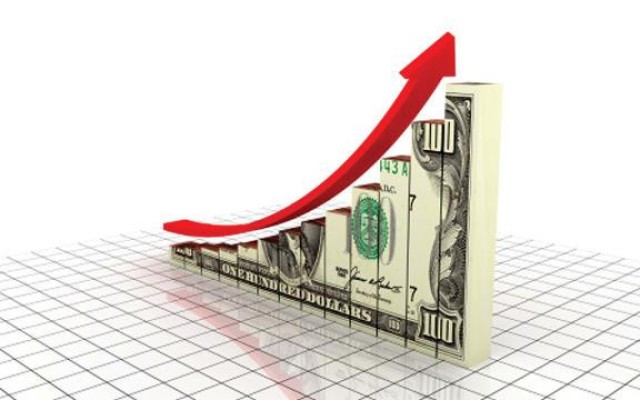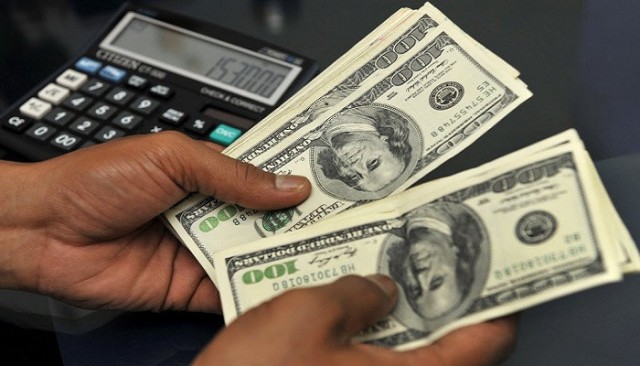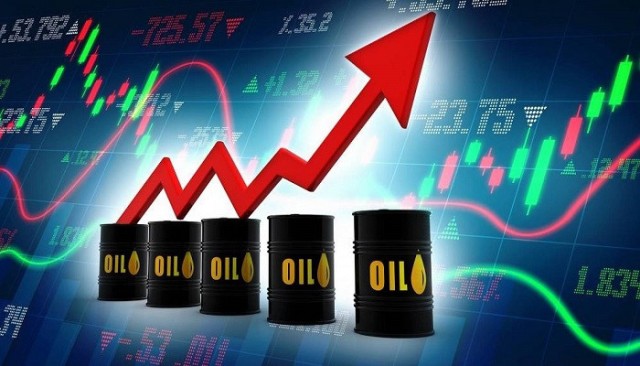The dollar rose for the second day in a row, reaching its highest level in two decades against the yen, amid inflation concerns.
According to Arabiya Net, the US dollar rose 0.77% to 132.915 yen, and earlier reached 133.00 yen, a level not seen since April 2002.
Meanwhile, the Australian dollar gave up its gains in the wake of the sudden interest rate hike by half a percentage point from the country's central bank. The Australian dollar was last down 0.24% at $0.7177. The New Zealand dollar fell 0.76% to $0.64435.
The yen is highly sensitive to 10-year Treasury yields, which rose to 3.064% in Tokyo trading for the first time in nearly four weeks. By contrast, Japanese equivalent yields are pegged to near zero under the BOJ's yield curve control policy, as Central Bank Governor Haruhiko Kuroda on Monday reiterated his unwavering commitment to strong monetary stimulus.
Strong US jobs data at the end of last week fueled bets that upward price pressures will persist for longer, which could lead to more aggressive action by the Federal Reserve.
Consumer price figures due on Friday will provide more clues on the path of the Fed's rate hike, ahead of next week's policy decision, when a half-point increase is widely expected.
The dollar index - which measures the currency against six major peers - rose 0.29% to 102.76, extending Monday's gains by 0.26%.
The euro was down 0.21% at $1.0674 ahead of the European Central Bank's rate-setting meeting on Thursday, as traders had already priced in several rate hikes and ended bond-buying stimulus.
Sterling also fell 0.67% to $1.2445, reversing all the gains of the previous session. Prime Minister Boris Johnson survived yesterday's confidence vote.
Cryptocurrency Bitcoin was down 5.9% at $2,9501.57, erasing Monday's 4.89% advance, falling below the psychological $30,000 level as risk sentiment weakened amid declines in most Asian stock markets on Tuesday.
















